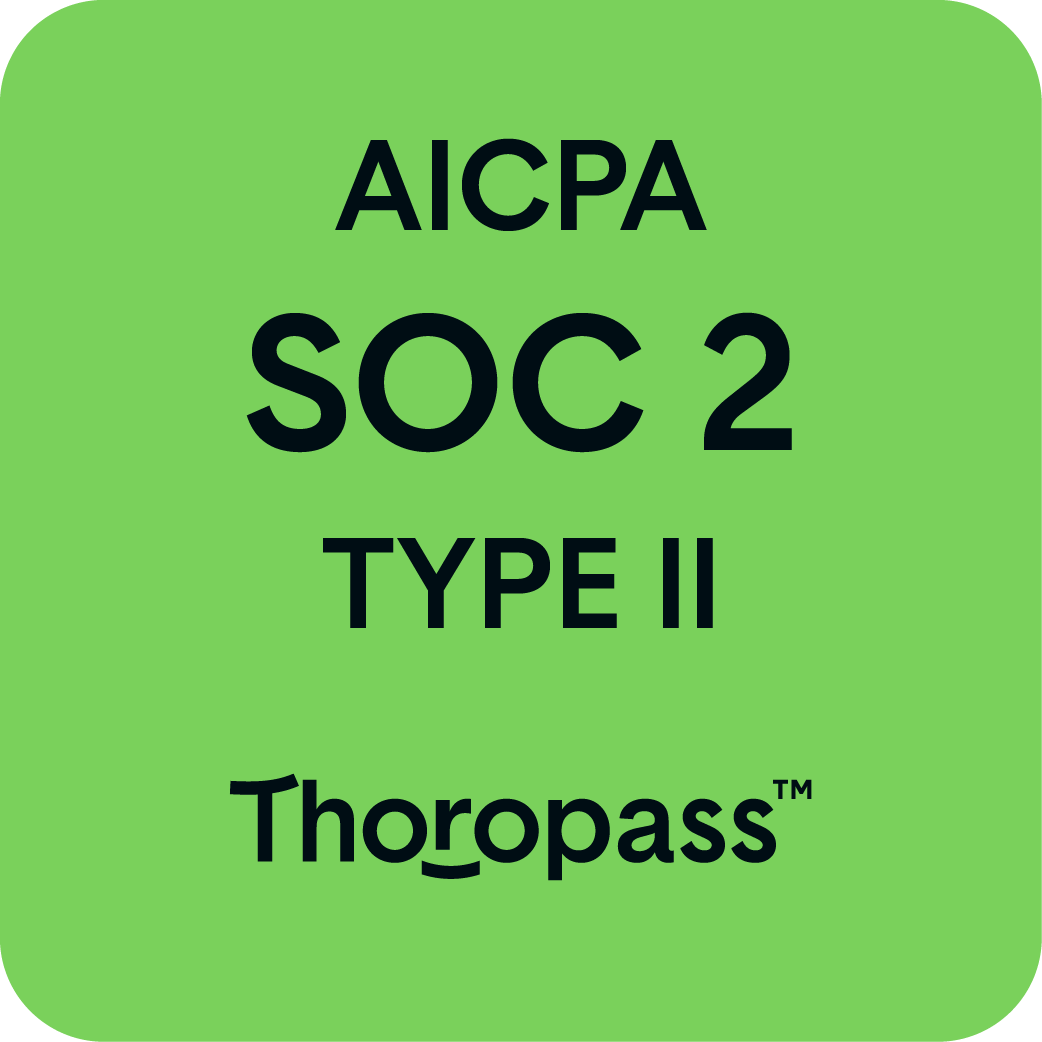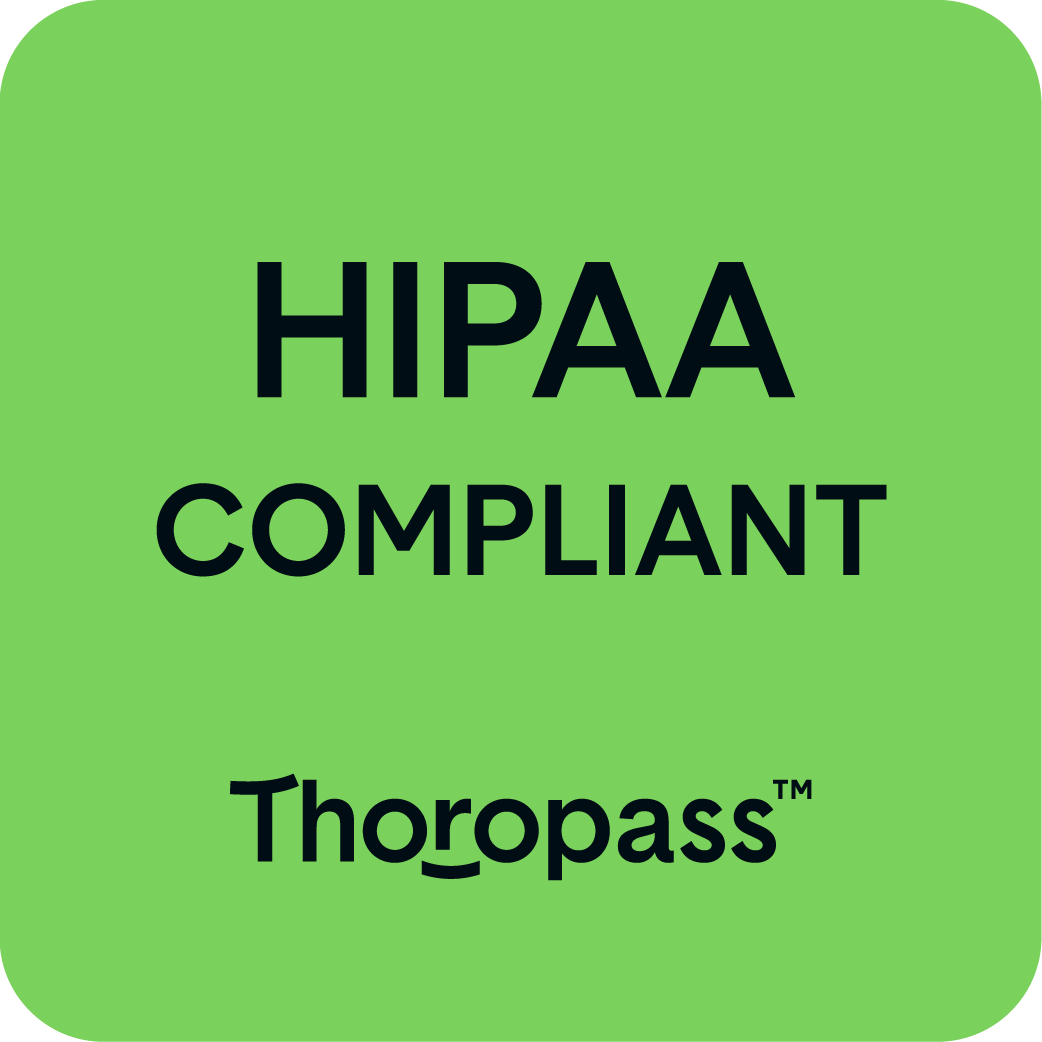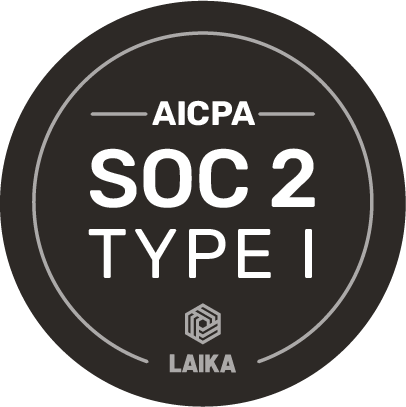Data’s role in behavioral healthcare access

Adding more dimension to provider data can help patients connect with the right behavioral healthcare providers for their needs
Behavioral healthcare is one of the most critical services within the care continuum. But, unfortunately, it’s also one of the hardest to access. Many factors have contributed to behavioral healthcare’s inaccessibility, including stigma, bias, high costs, and a shortage of qualified providers.
Recent events haven’t helped much. In fact, COVID-19 has put extraordinary pressure on millions of Americans and sent an already-strained system into overdrive, notes the National Council for Mental Wellbeing, with 52 percent of behavioral health organizations seeing a marked rise in requests for services.
The challenges with access to behavioral healthcare are multifaceted, but two hurdles in particular—ensuring that patients have the resources to find an available provider who provides culturally conscious care and the right services for their health needs—are very top of mind for us at Ribbon.
Let’s take a closer look at each one.
Identifying culturally conscious providers
Behavioral healthcare is profoundly personal, so it’s no surprise that patients seek providers that account for their cultural needs and differences. This is especially true for historically underserved populations, such as the LGBTQIA+ community. For example, LGTBQIA+ individuals are more than twice as likely to experience a mental disorder, and suicide attempts are four times greater in queer and questioning youth. Yet, according to The Trevor Project, 54 percent of LGBTQIA+ youth who reported wanting mental healthcare in 2020 couldn’t receive it. Some of the significant barriers they cited included previous negative experiences, not wanting to be outed, and concerns that none of the available providers were LGBTQIA+.
It’s clear that locating a culturally conscious provider is top of mind for many communities, and when this information isn’t accessible, sometimes patients forgo care altogether. Despite the potentially devastating outcomes, the number of directories that enable searches by identity is few and far between. A few innovative digital health start-ups, like Alma, are filling in this gap, but until this added dimension of provider information becomes the norm across the healthcare ecosystem, patients will continue to experience substantial roadblocks on their path to better health outcomes and positive care experiences.
Unfortunately, this is just one piece of the provider data problem. The other part is that patients searching for support often just don’t have access to the information they need to simply find and connect with the right providers for their health needs.
Finding providers that treat specific conditions or provide a particular treatment
It wouldn’t be a stretch to say that most of us have experienced the frustration of searching for a behavioral healthcare provider. From the outset, the journey is riddled with roadblocks. For example, it’s incredibly common for patients to come across a provider that seemingly meets all of their needs, but after reaching out, they find out that the provider isn’t actually accepting new patients despite what they saw in a directory. Other common problems include finding out that a provider no longer accepts insurance or left a group practice to create a private practice.
Whatever the case may be, it’s hard to deny that, for most, the behavioral healthcare journey is fraught with obstacles. And the proof is in the numbers: A recent national survey of privately insured patients who received specialty mental health treatment showed that out of 44 percent of patients who used a mental health provider directory to search for care, 53 percent encountered directory inaccuracies.
Let’s imagine a world where patients always have easy access to accurate and up-to-date provider data—where does that leave us? Unfortunately, that seemingly utopian scenario doesn’t leave us in a better place. Provider information would still lack the specificity and dimension we all need to make better-informed decisions.
Providers, particularly behavioral healthcare providers, are divided into broad specialty buckets like anxiety, addiction, or ADHD. But like we touched on earlier, behavioral healthcare is deeply personal, and it’s also just as nuanced as the challenges we’ve covered so far. As it stands, those broad categories just don’t account for the nuances of behavioral healthcare.
For example, you might use a directory to search for a provider that offers a particular type of treatment like Eye Movement Desensitization and Reprocessing (EMDR) to treat a specific kind of addiction but nowhere in the directory do you see that type of granular information. The result? You might end up reaching out to several providers to confirm and verify that information yourself.
And what if, on top of those search parameters, you wanted to find a provider experienced in working with LGBTQIA+ communities, but you find that your plan directory doesn’t have that information available? Add that to the already fraught provider directory data problem, and it’s a recipe for poor patient experiences and health outcomes.
These challenges seem daunting, but a world where patients have the information they need to make the best behavioral healthcare decisions isn’t far-fetched. Here’s why.
Guiding patient decision-making with better provider data
More often than not, provider directories are the first stop for essential information about providers, so we know that it’s critical to keep them accurate and up to date. But regardless of how precise a provider directory might be, patients still yearn for added granularity to help guide their care decisions.
At Ribbon, we’re committed to solving these complex information access problems to simplify healthcare for all, and as we continue to make great strides, we recognized that we needed to go one step further. So last month, we announced the healthcare industry’s first provider data solution that uses machine learning to surface rich information from claims data to enable personalized provider recommendations. The solution, Provider Focus Areas, enriches provider directories with more detailed information about conditions treated and treatments performed. With this added dimension to provider data, patients can make better-informed decisions and reduce the number of roadblocks they encounter on their care journeys.
But the work isn’t over. It’s now more important than ever to make behavioral health easier to access, and that’s always top of mind for us at Ribbon. We spend every day thinking about how we can continue to simplify healthcare for all, including enabling culturally conscious care.
Keep an eye on our blog to see how we’re working through some of the most challenging healthcare problems, and in the meantime, learn more about how Provider Focus Areas is making it easier to find the right care here.
Read more about our company and culture

Ribbon Health Named 2023 MedTech Breakthrough Award Winner

Fierce Healthcare names Ribbon Health as one of its 2023 “Fierce 15” companies






.png)